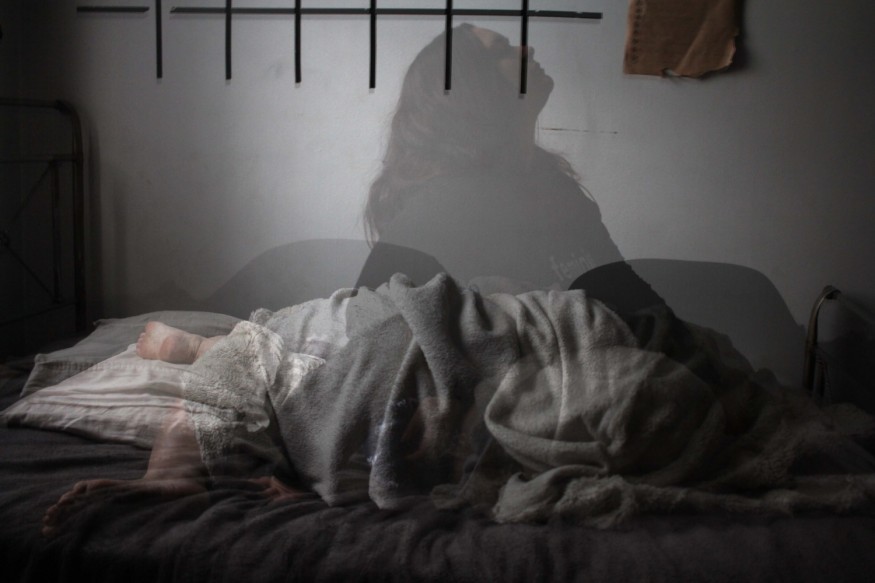
Insomnia can be a frustrating disorder that affects how people sleep; and while many blame bad sleeping practices, others say the disorder is hereditary. As such, the answer may be a bit complicated, but it seems like genetics does play a role in the disorder.
Is Insomnia Genetics?
There is evidence suggesting genetics can affect how likely a person will experience insomnia, but the truth may be more complicated than it seems. This is because heredity only measures how different a person is compared to others when it comes to genetic differences.
This means that genetics increases the chances of someone getting insomnia but isn't the one causing it. A previous 2019 study showed how 57 gene regions had relations to insomnia, but they weren't directly involved in sleep regulation.
In another research, experts looked at genes of interest that were related to neuronal excitability, which promotes awakeness. The experts believed that this could be a contributing factor or even the cause of insomnia.
Insomnia is very common with about 30 to 35% of people experiencing it on an occasional basis. Findings reveal that women are also more likely to experience insomnia compared to men.
Read also: Restless Arm Syndrome: Understanding Its Causes, Symptoms, and Effective Management Strategies
Factors Causing Insomnia
There are many factors linked to insomnia aside from genes like diet, stress, temperature, and even a person's social life. Other conditions like anxiety, restless legs syndrome, and cardiovascular disease are also linked to insomnia and are more likely to trigger it.
Other simple environmental factors that could affect insomnia include noise level, caffeine, work patterns, or the intake of certain drugs or medications. The best way to avoid insomnia is to practice good sleep hygiene.
The consumption of alcohol and tobacco, especially during the latter parts of the day closer to sleeping time, can also affect how hard it is for someone to fall asleep. A lack of exercise and a stressful lifestyle can also cause insomnia due to the body being prone to irritation and excessive thinking.
Avoiding Insomnia
There are certain things that can be done to avoid insomnia, including trying to clean the sleeping space and turning off nearby electronic devices. Another important practice is to try to sleep and wake up at the same time.
By sleeping and waking up at the same time, the body develops a natural rhythm that later dictates when it becomes sleepy or awake. This can help with avoiding potential insomnia or at least difficulty in sleeping later on.
Caffeine and other stimulants should also be avoided six hours before bed, and exercise is recommended during daytime and not close to sleeping time. There are medications like sleeping pills designed to help people sleep, but they can come with many potential side effects.
There are also specific treatments and therapies for insomnia like cognitive behavioral therapy for insomnia (CBT-I), which was deemed effective and underutilized.
RELATED ARTICLE : Mediterranean Lifestyle Found To Be a Potential Way for People To Live Longer As It Reduces Cancer Mortality Risk Among Other All-Cause Mortality
Check out more news and information on Medicine and Health in Science Times.
© 2026 ScienceTimes.com All rights reserved. Do not reproduce without permission. The window to the world of Science Times.












